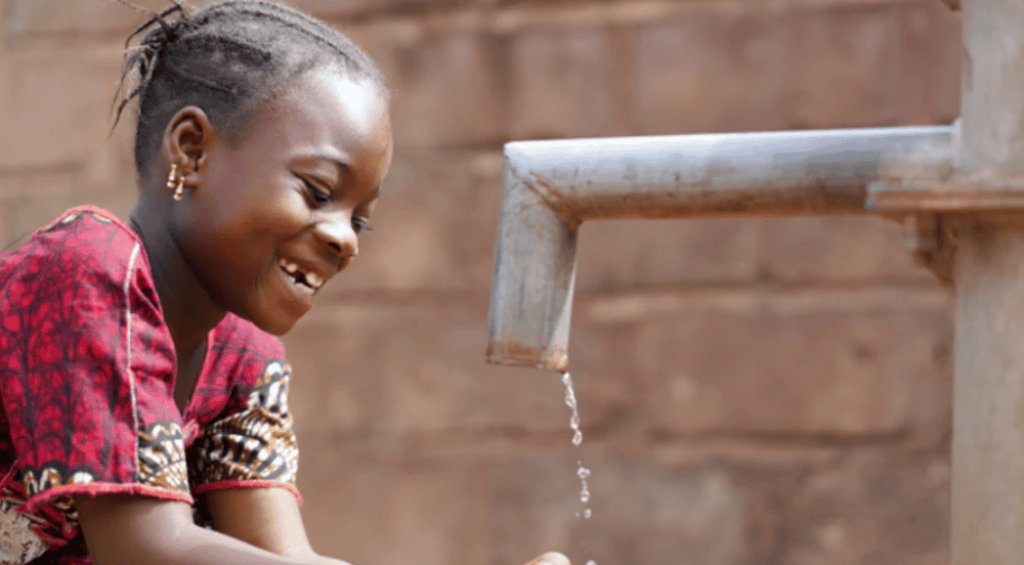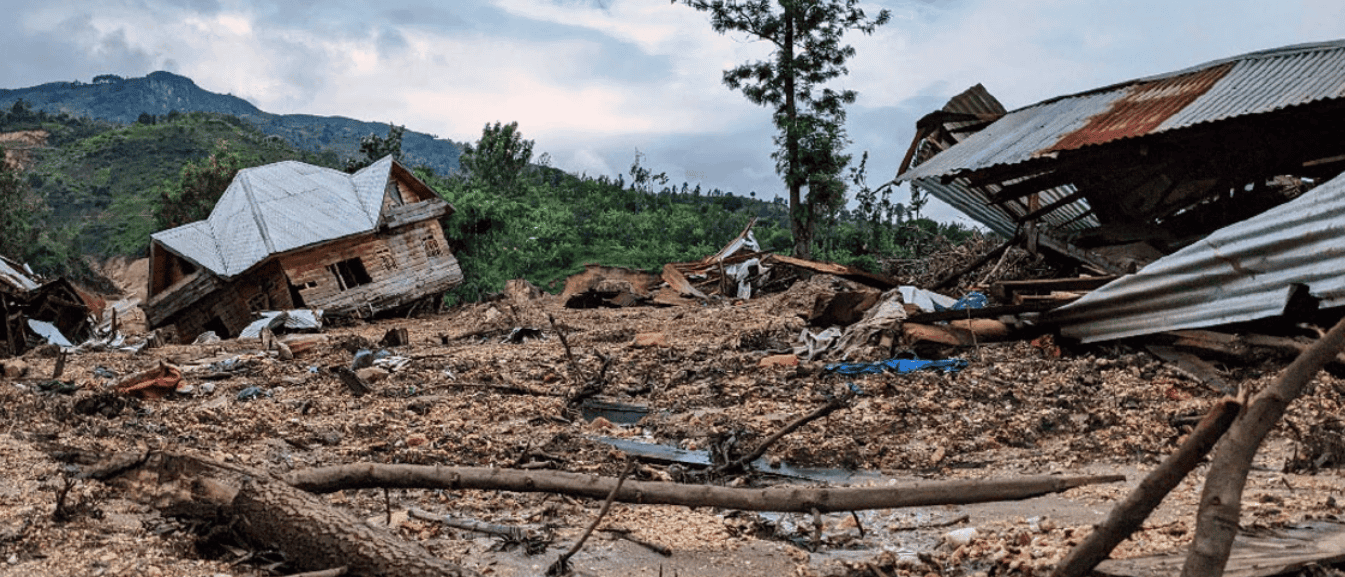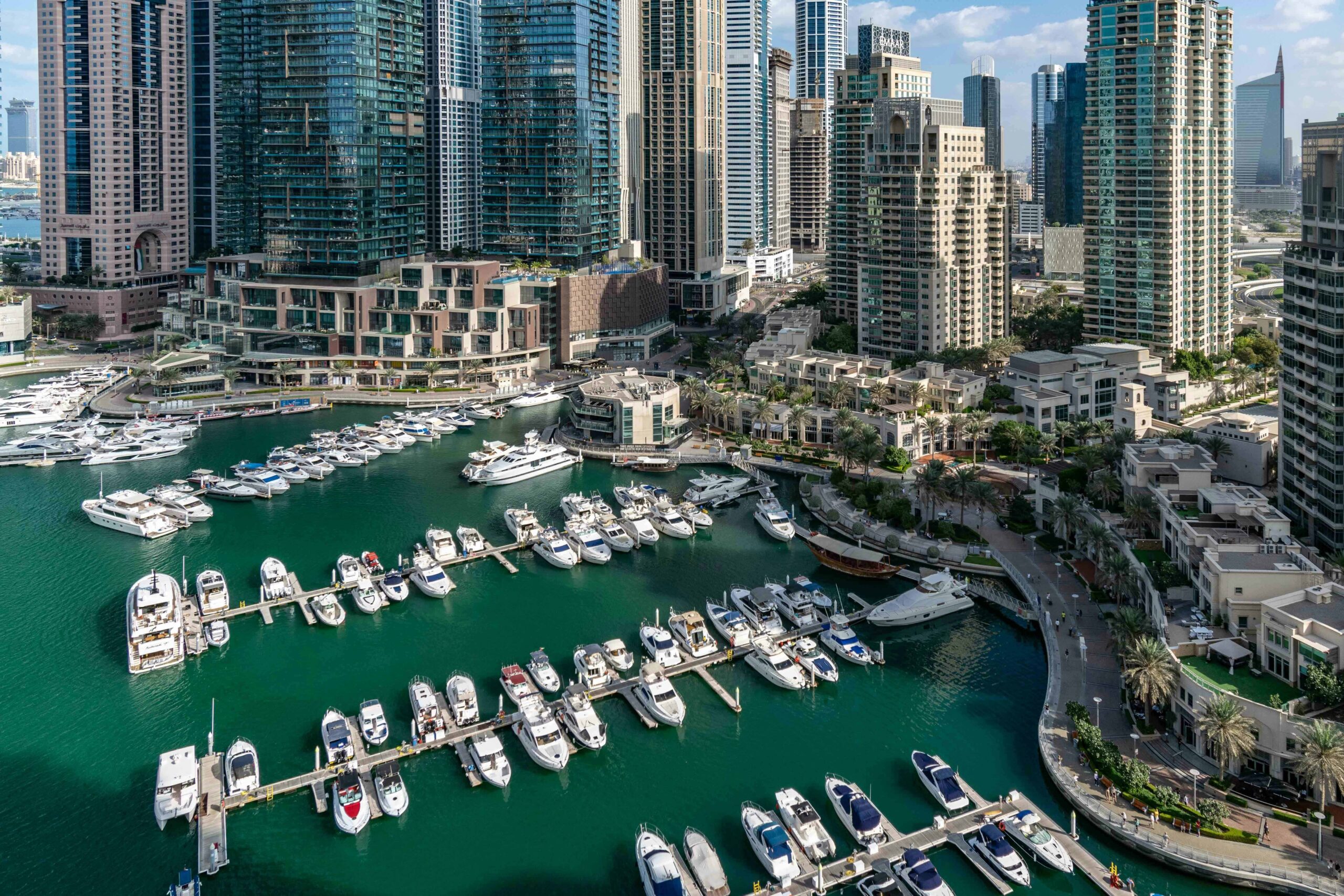As we wrap up 2024, it’s the perfect time to reflect on the milestones we’ve achieved, and the transformative steps taken by the Global Department for Water. This year, we made great strides toward securing water for people, food, and the planet— a mission that lies at the heart of our work.
Let’s revisit the top five highlights of 2024 and the achievements that shaped our efforts.
1. A New Water Strategy to Meet Global Challenges
In 2024, we put together our new Water Strategy focused on — “Water for People, Water for Food, and Water for the Planet.” This bold strategy unites efforts across the World Bank, IFC, and MIGA to tackle the world’s most pressing water challenges with a comprehensive and integrated approach.
The strategy focuses on three pillars:
- Water for People: Accelerating universal access to safe water and sanitation.
- Water for Food: Enhancing food production and smallholder livelihoods.
- Water for the Planet: Reducing water-related risks and sustainably managing water resources.
2. Flagship Reports: Insights for a Water-Secure World
In 2024, we deepened our understanding of water’s role in sustainable development with three flagship reports:
- Water for Shared Prosperity: Launched at the 10th World Water Forum in Bali with the Government of Indonesia, this report explores the connection between water, economic growth, and shared prosperity. It highlights the growing inequality in water access—especially in developing countries—and calls for pro-poor solutions to boost climate resilience and reduce poverty.
- Funding a Water-Secure Future: This report offers the first-ever analysis of public spending on water, revealing a financing gap of up to $140.8 billion annually. It calls for governments to increase and improve investments to meet global water security goals. The related dashboard on water sector spending offers the report’s findings in an interactive and visual format.
- Scaling Up Finance for Water: This strategic framework provides a customizable roadmap for the public sector, private sector, international organizations, intermediaries, and others to collaborate toward catalyzing greater financing and innovation for the water sector.
3. Partnerships Driving Progress
Partnerships are the foundation of effective water solutions, and in 2024, we built on successful collaborations while establishing new ones to address global water challenges. These partnerships are unlocking innovative solutions, building resilience, and scaling efforts to create meaningful impact. Some of our key partnerships include:
- The Global Water Security and Sanitation Partnership (GWSP): As a platform for knowledge, action, and collaboration on the water-related SDGs, GWSP has influenced over $9.3 billion in new lending across 240 initiatives in 70 countries, and proven its ability to provide innovative water solutions. The recently published 2024 GWSP Annual Report highlights these achievements and provides further insights into the partnership’s global impact.
- 2030 Water Resources Group (WRG): This impact-focused global partnership between public and private sectors provides a platform for businesses, governments, and civil society to address water risks affecting food, cities, and ecosystems. In 2024, WRG was active in Bangladesh, Colombia, Ethiopia, India, Kazakhstan, Kenya, Rwanda, and South Africa—driving an increase in investments to secure water for today and tomorrow.
- Singapore Water Center: Launched during Singapore International Water Week, the Center harnesses Singapore’s expertise in urban water management through training, joint research, and pilot studies to support countries globally.
4. Key Events Shaping the Water Agenda
This year, water took center stage in global development and climate action at several pivotal events, including:
- COP29 in Baku: During Water and Agriculture Day, we launched Water Security and Climate Change: Insights from Country Climate and Development Reports, offering lessons from 41 countries on building climate resilience through water security.
- One Water Summit in Riyadh: World leaders gathered to discuss integrated water solutions, emphasizing collaboration as key to solving the global water crisis.
- UNCCD COP16: Together with the World Meteorological Organization and World Food Programme, we co-hosted Resilience Day, highlighting the role of water and land management in tackling climate challenges and launched the Drought Risk and Resilience Assessment Methodology.
5. Stories of Impact: Measuring What Matters
Our impact in 2024 speaks volumes. Through the new World Bank Group Scorecard, we redoubled our focus on accountability and achieving stronger development outcomes. Through our current portfolio of projects, 66.7 million people gained access to clean water, sanitation and/or hygiene, while over 200 million people were provided with strengthened food and nutrition security. Our investments are also building resilience for 123.2 million people, helping them adapt to climate risks.
Another powerful example of our impact was the immersive story, Transforming Lives Through Climate-Resilient Irrigation. This narrative illustrated how water-efficient irrigation technologies are transforming farmers’ lives—boosting food production and promoting climate resilience—and brought these changes to life through first-person testimonials. Farmers shared their experiences in their own words, offering a deeply personal perspective on their livelihoods and communities. It’s a powerful reminder that innovation, strong partnerships, and community engagement—amplified by the voices of those directly impacted—can drive lasting change.
Looking Ahead
2024 was a defining year for water security. As we look to 2025 and beyond, we are even more committed to securing water for future generations. Water lies at the core of our collective prosperity and survival.
Investing in water is investing in a better future—one where people, food systems, and the planet can thrive together.
Source : World Bank







































































